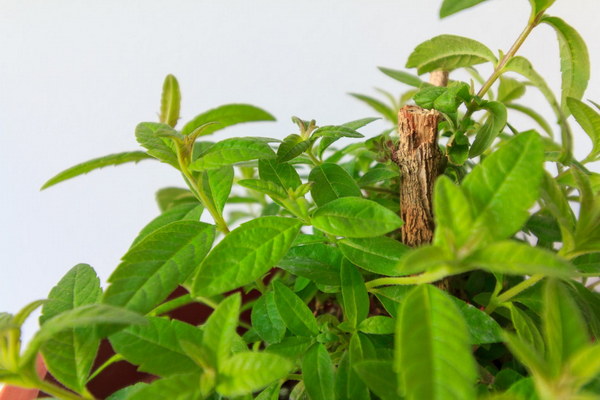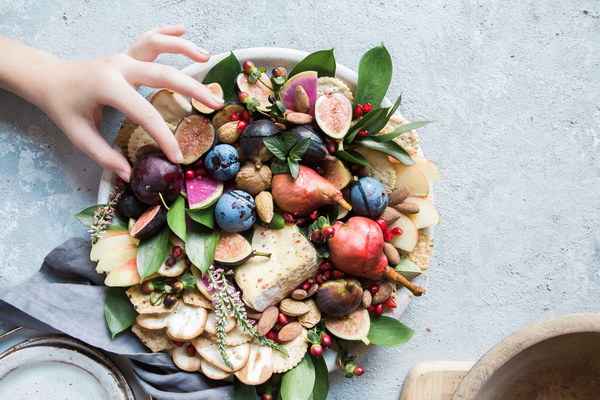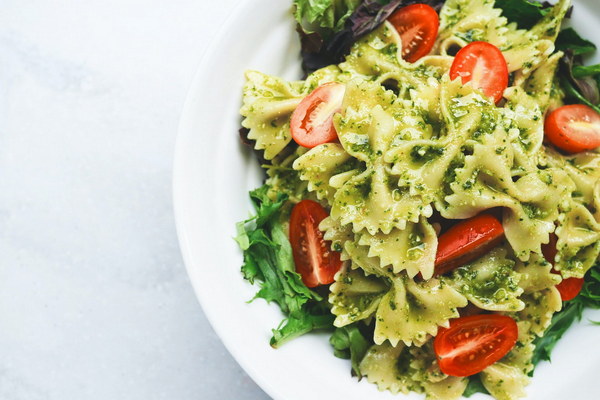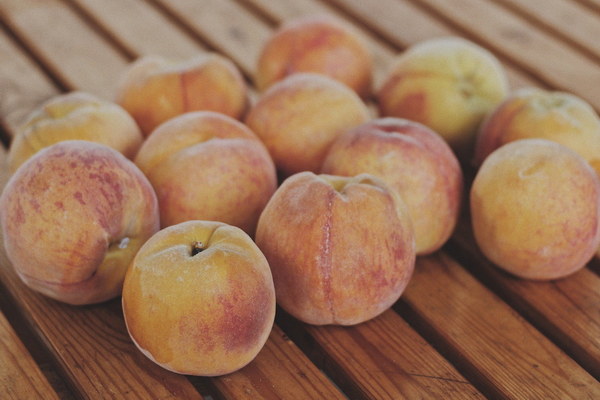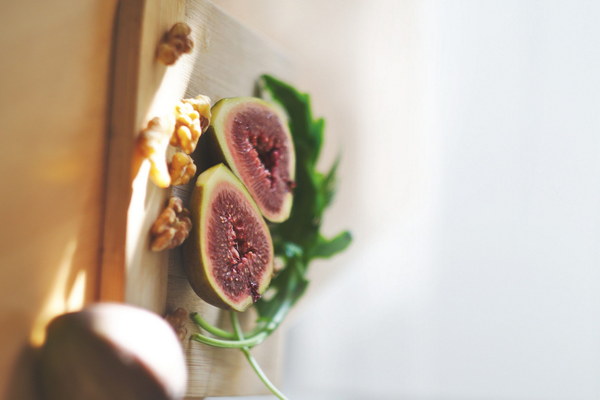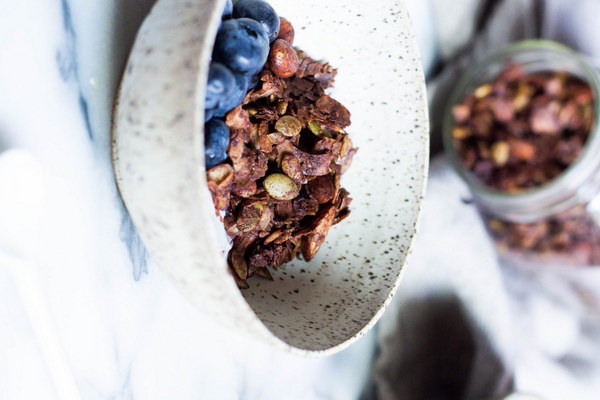Embrace the Winter Solace What to Eat and How to Nourish Your Body for the Best of Li Dong Health Practices
As the leaves turn to shades of gold and the air begins to crisp, we welcome the arrival of Li Dong, the first solar term of the lunar calendar. This is a time when the natural world prepares for its hibernation, and it is also the perfect time to reflect on how we can nurture our bodies to align with the changing seasons. The question that lingers in the minds of many is: What should we eat, and how can we best practice self-nourishment during Li Dong? Here are some insights and recommendations to guide you through this season of renewal.
Understanding the Seasonal Shifts
Li Dong signifies the transition from autumn to winter, a time when the body should be primed for the cold months ahead. According to traditional Chinese medicine (TCM), this period is associated with the lung and large intestine, which are responsible for the body's defense mechanisms and the processing of waste. Therefore, the focus of Li Dong's dietary and health practices is on strengthening these organs.
Appropriate Foods for Li Dong

1. Nourishing Soups and Stews: Winter is the season for hearty and warming dishes. Soups and stews, such as chicken or beef broth, can provide warmth and comfort while also offering essential nutrients. Incorporate ingredients like carrots, turnips, and radishes for their natural sweetness and warming qualities.
2. Root Vegetables: Root vegetables, such as carrots, sweet potatoes, and beets, are rich in vitamins and minerals that can support the immune system. These vegetables also help to ground the body, aligning with the earth element that governs Li Dong.
3. Healing Herbs and Spices: Herbs and spices such as ginger, cinnamon, and cardamom are known for their warming properties. They can be added to soups, stews, or teas to boost the immune system and provide a sense of well-being.
4. Pumpkin and Squash: These are not only delicious but also packed with vitamins A and C, which are essential for maintaining healthy skin and respiratory function during the cold season.
5. Seeds and Nuts: Seeds and nuts, such as almonds and walnuts, are rich in healthy fats, proteins, and vitamins. They can be sprinkled on salads or added to smoothies for a boost of energy and nutrition.
Health Practices for Li Dong
1. Breathing Exercises: Practices such as tai chi or qigong can help to strengthen the lungs and improve respiratory health. These exercises also promote relaxation, which is essential during the stressful transition to winter.
2. Acupuncture and Massage: These ancient practices can help to balance the body's energy and address any imbalances that may arise during the seasonal change.
3. Adequate Rest: With the shorter days and cooler temperatures, it is important to prioritize sleep. Aim for 7-9 hours of quality rest each night to allow your body to rejuvenate.
4. Mindful Eating: During Li Dong, it is advisable to eat more slowly and mindfully. This helps the body to digest and absorb nutrients more effectively and can prevent overeating.
5. Hydration: Despite the cooler weather, it is still important to stay hydrated. Warm water with lemon or herbal teas can be particularly beneficial.
By following these guidelines, you can ensure that your body is well-prepared for the challenges of winter. Embrace the season of Li Dong with a focus on nourishing foods and health practices that will keep you warm, healthy, and balanced.

